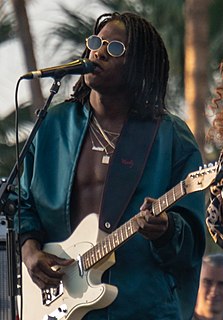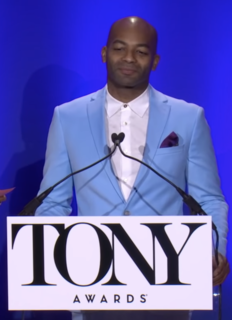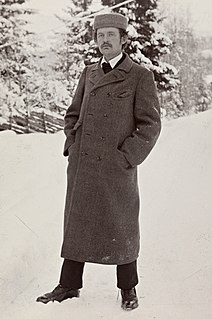A Quote by Einar Selvik
In my culture we had songs for everything, and that's lost now. There were songs for when people were born, when they died, when they sowed the field, baked bread and they're gone now mostly. I think we need these songs today. One of the reasons people connect to Wardruna in such a personal way is because there is a need for these songs and for that kind of connection to the nameless. Call it nature, god whatever.
Related Quotes
I used to write songs that mimicked other songs that I would hear as a kid, cos I was 12 years old when I was writing those, right. And you hear a radio so all I'd write about was [sings] "hey girl, look at you", you know what I mean. I think that even doing that made it easier for me to write non-personal songs because, from a kid, I never wrote personal songs, they were always like mimicking. And now I'm just trying to understand my writing and where it's coming from.
My way of communicating with God as a boy (and often even now) was through the lyrics of a song. . . . So I didn't have the problem some people do who say, "I don't know how to pray." I used the songs to communicate with God. . . . To me, songs were the telephone to heaven, and I tied up the line quite a bit.
Throughout all of the changes that have happened in my life, one of the priorities I've had is to never change the way I write songs and the reasons I write songs. I write songs to help me understand life a little more. I write songs to get past things that cause me pain. And I write songs because sometimes life makes more sense to me when it's being sung in a chorus, and when I can write it in a verse.
I built a reputation as a songwriter in the industry before my own hits. People were used to coming to me for songs. There were songs like 'Clown' and 'Mountains' that were my songs that I wanted to keep. But the record labels saw me as a songwriter. It was hard to get people to believe in me as an artist.
That's what is so great about being able to record a 13-song album. You can do a very eclectic group of songs. You do have some almost pop songs in there, but you do have your traditional country, story songs. You have your ballads, your happy songs, your sad songs, your love songs, and your feisty songs.

































